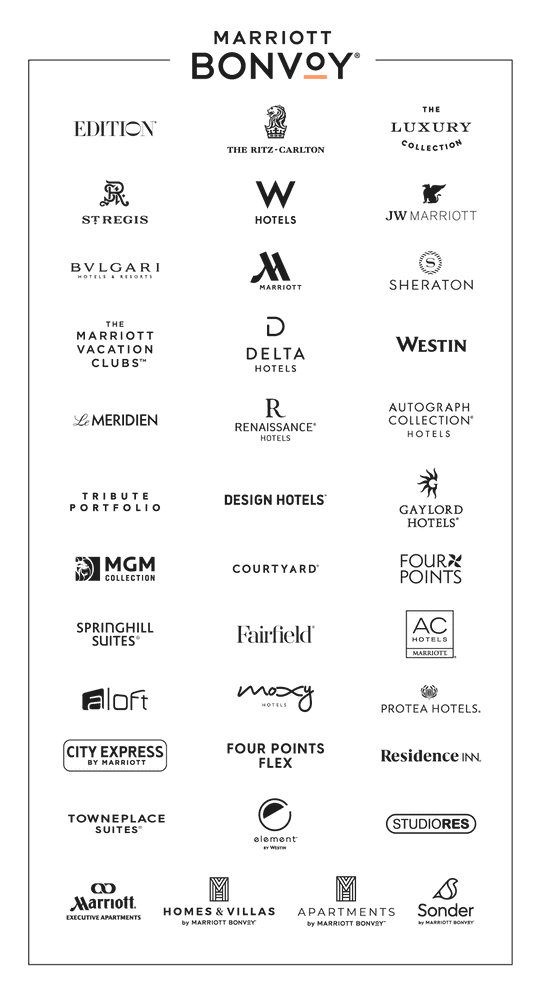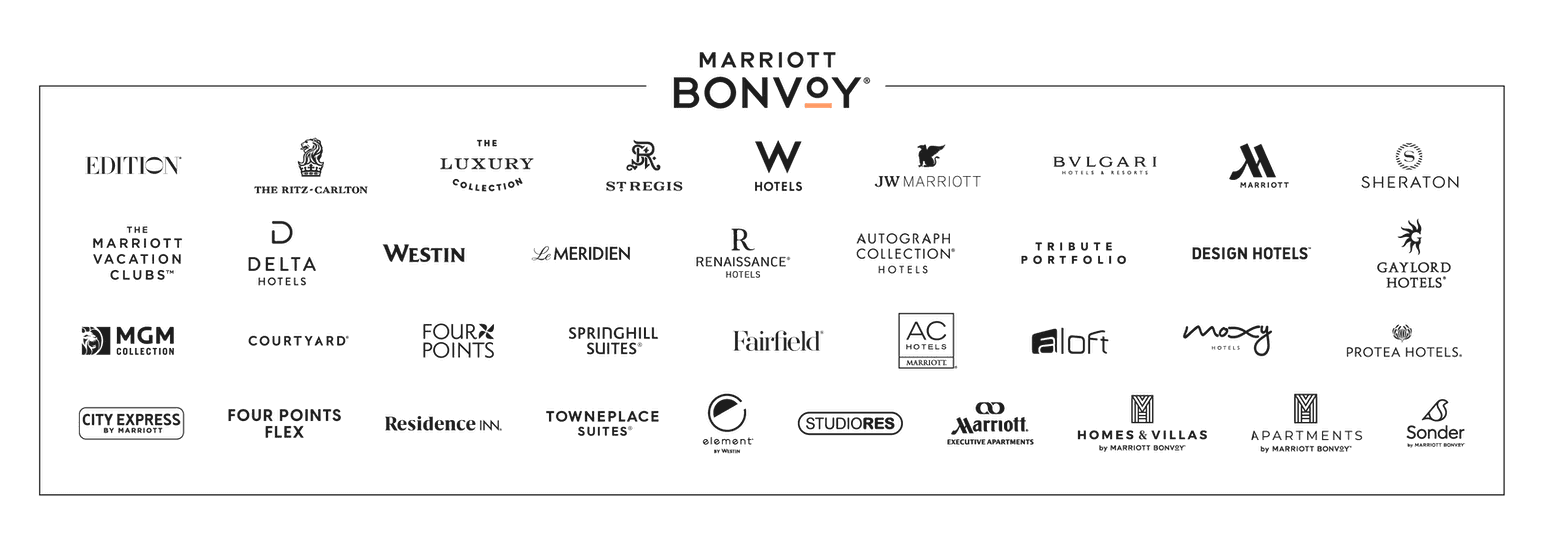What to Do With Feedback
“Great event!” Feels good to hear, right? But if you’re letting your appetite for feedback stop there, you’re doing yourself a disservice. More to the point, you’re doing your attendees a disservice too.
“I know my clients and attendees very well,” says Melissa Park, a global event producer and founder of Melissa Park Events. “But they are the end user of the experience that I’m designing, so it would be ignorant of me not to want their opinion. Why wouldn’t I seek it out if they’re willing to give it to me?”
If you’ve found yourself struggling on how to get the right feedback, or what to do with people’s opinions once you’ve corralled them, read on.
Ask the Right Questions
When soliciting feedback, be specific about your intent, and reflect that intent in your questions. “If you’re vague in any way, you’re going to get a vague answer,” Park says.
For written surveys, that means phrasing questions unambiguously and getting to the most important matters. Being specific also helps you keep surveys brief and to the point—if attendees click a survey link and see five questions, they’re more likely to respond than if they see 15.
The specificity principle applies to on-the-spot feedback as well. If you’re unclear about what someone is trying to tell you when they’re giving you feedback, ask iterative questions until you understand. “I’ll repeat back to them until I’m sure on what they’re saying,” Park says. “Otherwise, I could wind up running with something that’s totally not what they were trying to tell me.”
Solicit Different Types of Feedback
Your methods of gathering feedback should be as customized as the event itself. Some events might lend themselves to online surveys for all attendees; others might call for a series of postmortems with clients after they’ve gathered feedback from their own stakeholders.
While large-scale surveys conducted through platforms such as Typeform and SurveyMonkey can be helpful, they can also be a lot for you to wade through. Consider borrowing a page from Park’s playbook and having leaders gather and summarize feedback from their team members when appropriate. This gives you curated, specific advice filtered through the lens of an invested stakeholder.
Attendees, executives and other leaders, and the core event crew tend to be the most important players to gather feedback from. But you can glean valuable insights from vendors, sponsors, and speakers too. Tailor your surveys to the type of respondent, asking specific questions aimed at improving each stakeholder’s experience. For smaller groups—say, event speakers—an informal phone call can give you additional insight on where to go from here.
Don’t Take It Personally
“A lot of the time, people avoid feedback as a starting point because they take it personally that they’ve done a bad job,” Park says. “But we should all be seeking it out. It doesn’t mean you did a bad job—there are always ways to improve, and we should be seeking out ways in which we can produce better experiences.”
If you find yourself flinching at negative or even constructive feedback, it’s worth reciting the planner’s mantra: It’s all about the attendee experience. You know your clients well and expend a lot of energy anticipating and accommodating their attendees’ needs. So, blocking out their input ultimately means that you’re putting the focus on your pride, not on their experience.
Park has found that it’s gotten easier to not take feedback personally as she’s become more experienced. “It takes practice,” she says. “I don’t think I was wonderful at it two decades ago. But with time, you see feedback for what it is—an opinion.”
Treat Feedback as a Collaboration
You’re used to collaborating when executing events. Leverage that skill to solicit and activate feedback.
“By the time we get to things post-show, it just feels so natural for us to have such open communication,” Park says. “You’re past the point where people are nervous or are on the defensive, so when I ask, ‘Where are we at?’ people can say, ‘It was amazing, but here’s an area we can improve on.’”
After she gathers external stakeholder input on an event, Park and her team go through the feedback point by point to build consensus about what they would like to change based on what they’re learning.
From there, annual and other recurring events can build on the initial set of feedback, deepening attendees’ and clients’ trust in the planner—ultimately paving the path for the next collaboration.
“The next year, they come back and have their experience and see that their feedback was incorporated,” Park says. “It makes it feel even more special because they were part of designing a program.”


The following brands do not participate in Marriott Bonvoy™ Events: Design Hotels, Marriott Executive Apartments, Residence Inn, TownePlace Suites, StudioRes by Marriott, Bulgari Hotels & Resorts, The St. Regis Residence Club, The Phoenician Residences, a Luxury Collection Residence Club, Scottsdale, The Ritz-Carlton Club, The Ritz-Carlton Yacht Collection, and Homes & Villas by Marriott Bonvoy. For a full list of participating and non-participating brands, please click here.